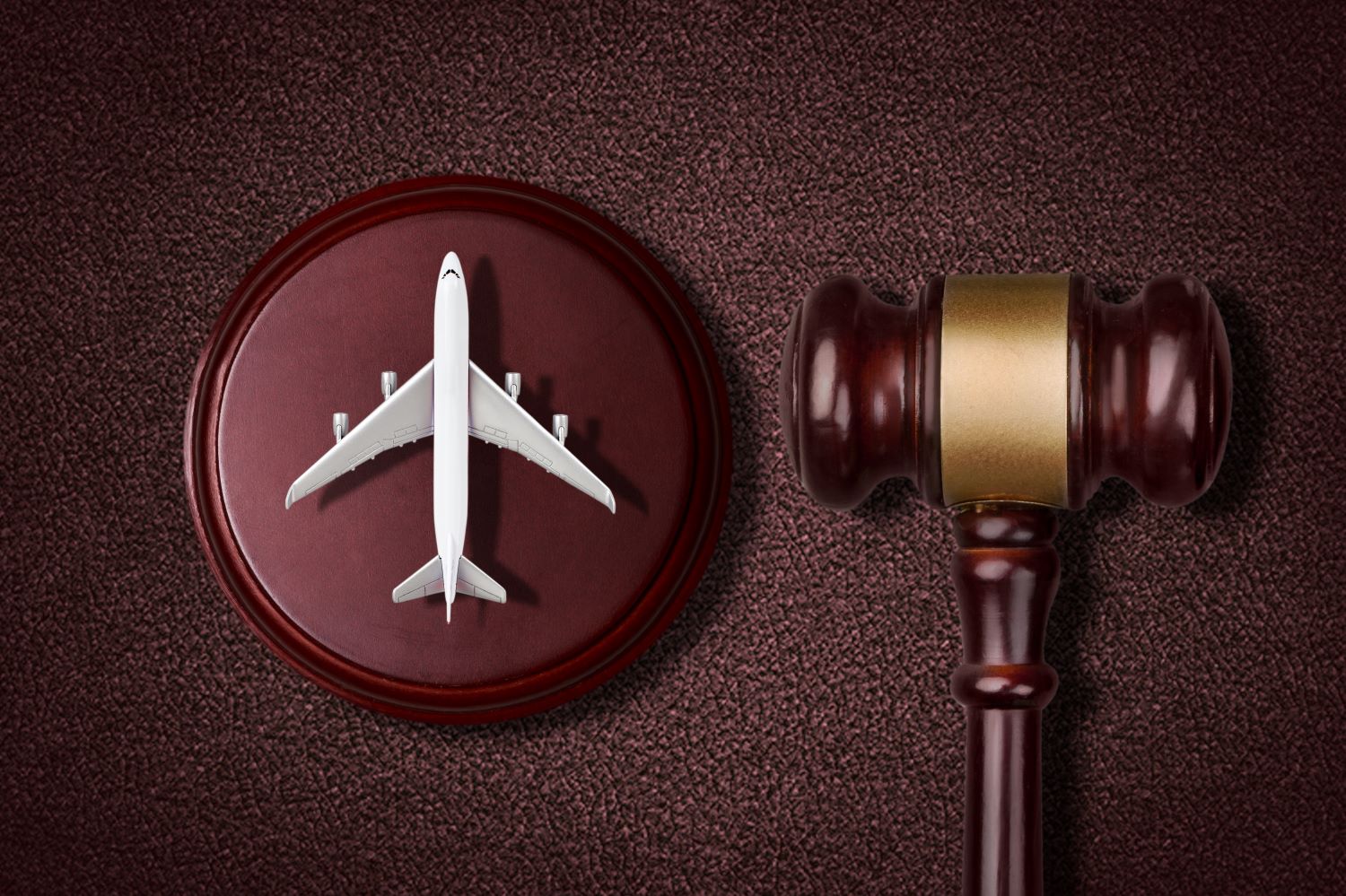Navigating the Skies: Human Rights and the Legal Framework of Aviation
The world of aviation, while often celebrated for its technological advancements and global connectivity, operates within a complex web of legal regulations. Understanding the intersection of aviation law and human rights is crucial for passengers, aviation professionals, and anyone impacted by air travel. This article explores the core principles and considerations surrounding human rights within the aviation industry, highlighting its importance for ensuring safety, fairness, and accountability.
The Foundation: International Agreements and Human Rights
International agreements form the bedrock of both aviation law and human rights protection. The Chicago Convention of 1944, a cornerstone of international aviation law, established the basic principles for air navigation and sovereignty. Simultaneously, numerous international human rights treaties, such as the Universal Declaration of Human Rights and the International Covenant on Civil and Political Rights, establish fundamental rights applicable to all individuals, regardless of location or circumstance.
These seemingly disparate frameworks intersect within the realm of air travel. Passengers, crew members, and individuals affected by aviation activities are entitled to the protection of their fundamental human rights. This includes the right to non-discrimination, the right to privacy, and the right to redress for harm caused by aviation activities. Aviation Law in the Context of Human Rights must take all of these considerations into account.
Core Human Rights Considerations in Aviation
Several key human rights issues are particularly relevant to the aviation industry: Right to Non-Discrimination: Anti-discrimination laws and regulations aim to prevent unfair treatment based on race, ethnicity, gender, religion, or disability. Airlines and aviation authorities must ensure equal access to air travel and employment opportunities. Right to Privacy: Passenger data collection and security screenings raise significant privacy concerns. Balancing security needs with the protection of individual privacy rights is a constant challenge for regulators and airlines. Right to Redress:Passengers who experience flight delays, cancellations, or lost baggage have the right to seek compensation. International agreements, such as the Montreal Convention, establish liability rules for airlines in cases of passenger injury or death.
Security Measures and Human Rights: A Balancing Act
Aviation security measures, while essential for safety, can sometimes infringe upon individual rights. Enhanced security screenings, body scanners, and profiling practices raise concerns about privacy, dignity, and potential discrimination. The legality and proportionality of these measures are constantly scrutinized to ensure they do not unduly infringe upon human rights.
What constitutes a reasonable security measure, especially when balanced against individual rights?
The implementation of "no-fly lists" exemplifies the tension between security and individual liberties. Individuals placed on these lists may be denied the right to board aircraft based on perceived security risks. Transparency and due process are critical to ensure that these lists are not used unfairly or arbitrarily.
The Rights of Passengers with Disabilities
Passengers with disabilities are entitled to equal access to air travel. Regulations require airlines to provide reasonable accommodations, such as wheelchair assistance, accessible seating, and assistance with boarding and deplaning. Many countries have specific laws protecting the rights of disabled air travelers.
Environmental Concerns and Human Rights
Aviation's environmental impact, particularly its contribution to climate change, also raises human rights concerns. The right to a healthy environment is increasingly recognized as a fundamental human right. Aviation's contribution to greenhouse gas emissions can disproportionately affect vulnerable populations, particularly in regions susceptible to climate change impacts.
How is the aviation industry addressing the environmental impacts related to human rights?
Efforts to mitigate aviation's environmental impact include:
Investing in sustainable aviation fuels
Improving aircraft fuel efficiency
Developing carbon offsetting programs
Supporting international agreements to reduce aviation emissions.
Case Studies and Legal Developments
Several legal cases have highlighted the importance of integrating human rights considerations into aviation law. For example, challenges to security screening procedures based on claims of discrimination have been brought before courts in various jurisdictions. Similarly, lawsuits related to airline liability for passenger injuries or deaths have often involved human rights arguments.
Recent legal developments include:
Increased scrutiny of passenger data collection practices by airlines.
Efforts to strengthen the rights of air travelers with disabilities.
Growing awareness of the human rights implications of aviation's environmental impact.
Ensuring Accountability and Redress
Effective mechanisms for accountability and redress are crucial to protect human rights within the aviation industry. This includes:
Independent oversight bodies to monitor compliance with human rights standards.
Accessible complaint mechanisms for passengers who believe their rights have been violated.
Judicial remedies for individuals who have suffered harm as a result of aviation activities.
What steps can an air traveler take if they feel their rights have been violated?
The Future of Aviation Law in the Context of Human Rights
The intersection of aviation law and human rights is a constantly evolving field. As aviation technology advances and global travel becomes increasingly interconnected, new challenges and opportunities will arise. Continued dialogue between policymakers, aviation professionals, and human rights advocates is essential to ensure that the aviation industry operates in a manner that respects and protects the fundamental rights of all. Aviation Law in the Context of Human Rights will continue to change as technology advances.
People Also Ask
What are some examples of airlines violating passenger rights?
How can I file a complaint against an airline for human rights violations?
Are there international laws protecting airline passengers' human rights?
What role does the International Civil Aviation Organization (ICAO) play in promoting human rights in aviation?
What legal recourse do passengers have if they are denied boarding due to discrimination?
How do no-fly lists impact human rights?
Is there any legal basis to sue an airline due to its carbon emissions and the impact on climate change?
